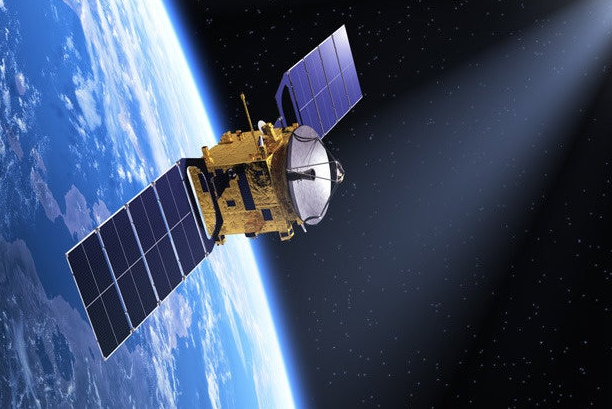With the world becoming increasingly connected, it’s no surprise that satellite phone communications are also evolving. In this article, we’ll explore the future of satellite phone communications and some of the proposed uses for this technology.
What is a satellite phone?
A satellite phone is a mobile phone that uses a satellite network instead of a terrestrial (ground-based) cell phone tower. Satellite phones are much more expensive than traditional cell phones, but they offer several advantages.
They can be used in virtually any location, including areas where there is no cell phone coverage. They also offer higher call quality and reliability than cell phones, and are often used by businesses and government agencies for critical communications.
What is the future of satellite phone communications?
The future of satellite phone communications looks bright. With the continued expansion of the satellite network, and the increasing availability of affordable satellite phones, it is likely that more and more people will begin using this type of communication.
This could lead to increased competition for traditional cell phone providers, as well as new opportunities for companies that specialize in satellite phone service.
How do satellite phones work?
Satellite phones work by connecting to a satellite network instead of a terrestrial one. They are able to do this because they have a built-in antenna and transceiver. The satellite phone will then communicate with the satellite, which will relay the signal to the intended recipient on the ground.
The benefits of using a satellite phone
Satellite phones have come a long way in recent years, and their capabilities are only increasing. Here are some of the benefits of using a satellite phone:
- Coverage – Satellite phones can be used anywhere in the world, including in remote and rural areas where traditional cell phone coverage is spotty or nonexistent.
- Reliability – Satellite phones are much more reliable than cell phones, since they don’t rely on terrestrial infrastructure. This makes them ideal for emergency situations where communication is critical.
- Affordability – Satellite phones are becoming more and more affordable, making them a viable option for budget-conscious consumers.
- Flexibility – Satellite phones offer a lot of flexibility in terms of features and plans, so you can find an option that fits your needs.
- Safety – Satellite phones can be a lifesaver in dangerous situations, as they allow you to call for help even when cell phone service is unavailable.
The future of satellite phone communications
Satellite phones have been around for a while, but their use has been mostly limited to emergency situations or rural areas where terrestrial cell coverage is unavailable. However, new developments in satellite phone technology are opening up a world of possibilities for sat-phone users, and the potential uses for satellite phones are only limited by our imagination.
One of the most promising applications for satellite phones is in the field of Internet of Things (IoT). IoT is the network of physical devices, vehicles, home appliances and other items embedded with electronics, software, sensors and connectivity which enables these objects to connect and exchange data. By 2020, it is estimated that there will be 34 billion IoT devices worldwide.
Satellite phones can play a key role in enabling IoT devices to connect to the internet, even in remote or hard-to-reach locations. For example, imagine a farmer who needs to track the temperature and moisture levels of his crops.
With a satellite-connected sensor device, he would be able to monitor conditions in real-time and make adjustments to his irrigation system accordingly. This type of precision agriculture is just one example of how satellite phone technology can be used in the IoT context.
Proposed uses for satellite phones
Satellite phones have a variety of potential uses, both personal and commercial.
For example, they can be used for emergency communication in cases where regular phone service is unavailable. They can also be used by businesses to stay in touch with employees in remote locations, or by travelers to keep in touch with family and friends while on the go.
In the future, satellite phones may become even more versatile as new and innovative uses are discovered. So far, they have shown great promise as a way to keep people connected no matter where they are in the world.
Conclusion
While there are many challenges that face the future of satellite phone communications, such as the high cost and low reliability, there is still a great deal of potential for this technology. The ability to communicate with anyone, anywhere in the world, without having to rely on terrestrial infrastructure, makes satellite phones an attractive option for businesses and individuals alike. With continued development and investment, it is likely that these challenges will be overcome and that satellite phones will become a more commonplace means of communication.








